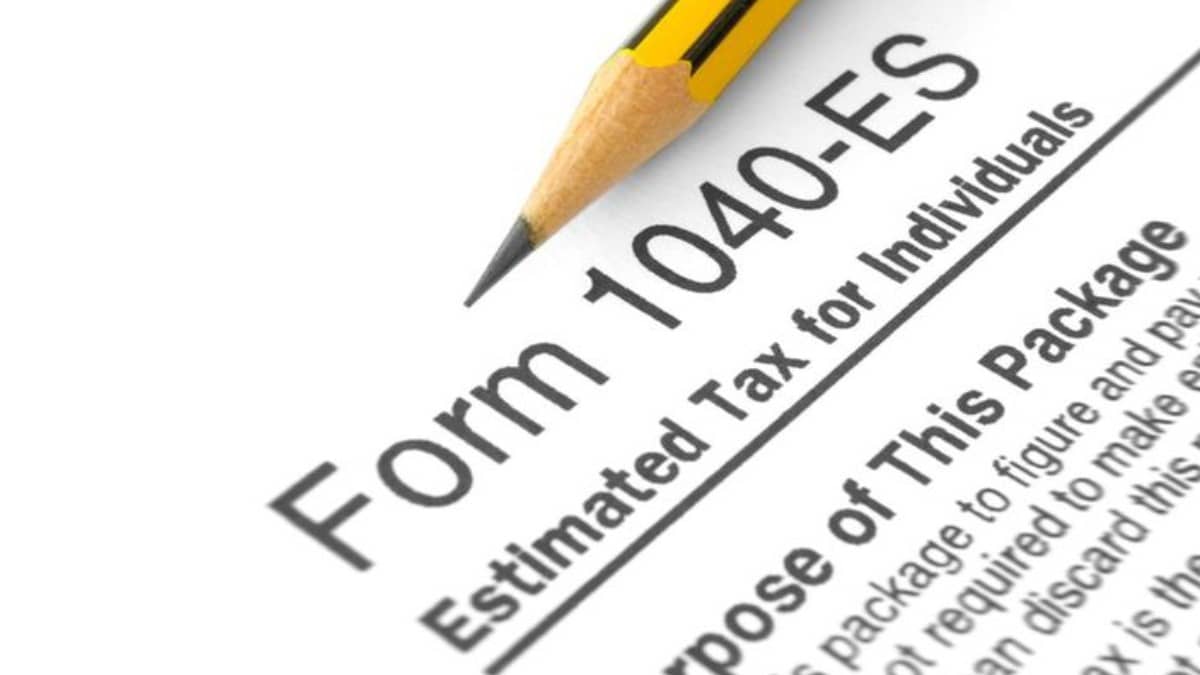
The Internal Revenue Service requires individuals who earn income that isn’t subject to withholding to estimate taxes and make federal estimated tax payments.
A taxpayer who needs to make federal estimated tax payments can pay taxes online. This can be done through the IRS Direct Pay or using a debit or credit card. How you’re going to pay estimated taxes should depend on how much you owe in the first place. If the estimated taxes owed is too much, we suggest using a debit card or bank account to pay taxes.
The reasoning for this is the processing fees you pay when paying with a credit card. Since you won’t be paying the IRS when using your credit card, the payment processors will charge you between to 1.87 to 1.99 percent of the payment. You certainly would want to avoid paying this much in processing fees.
Click here to see the processing fees of each IRS-authorized payment processor.
Pay Federal Estimated Taxes Without Paying Fees
There is also a way where you can dodge all these processing fees. To make federal estimated tax payments without fees, use Direct Pay instead. However, the only downside to using Direct Pay—if that’s a downside in the first place—is you can only make payments with a bank account.
So, you will need to transfer funds to the IRS manually. This usually takes up about a day or two but when you select your payment on Direct Pay, you will be given a confirmation number. You can then use this to track your payment status to see if it reached the IRS.
In addition to these, you must Direct Pay if you’re making a payment over $100,000 or paying employer federal tax deposits. The payment processors also allow a certain number of card payments. That said, you can’t pay all of your taxes using a debit or credit card.